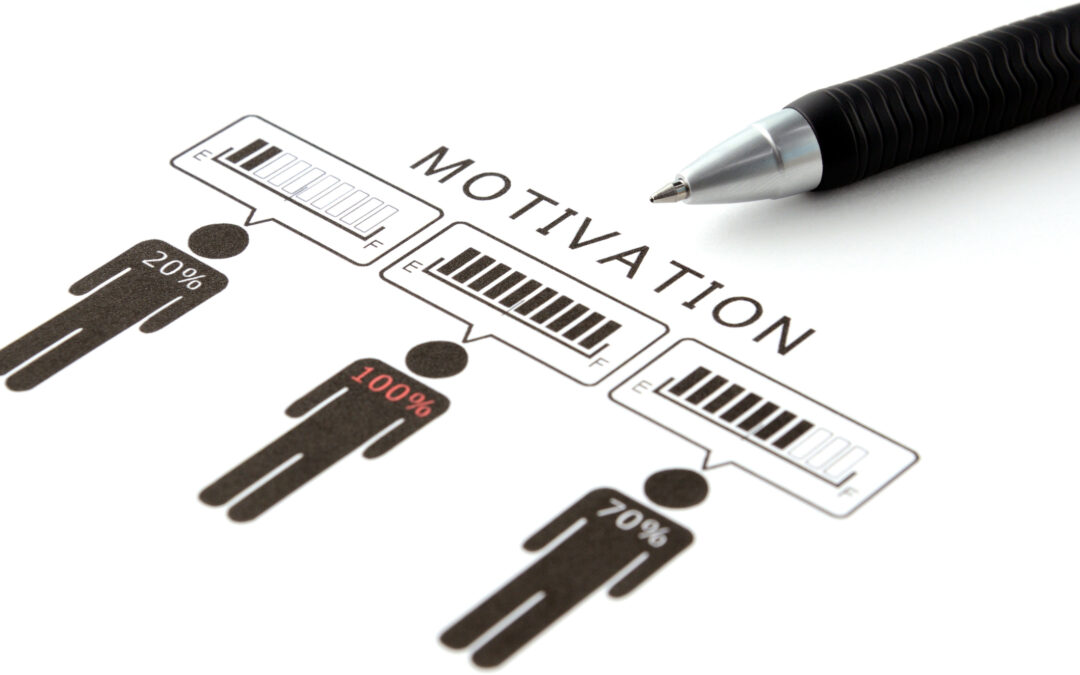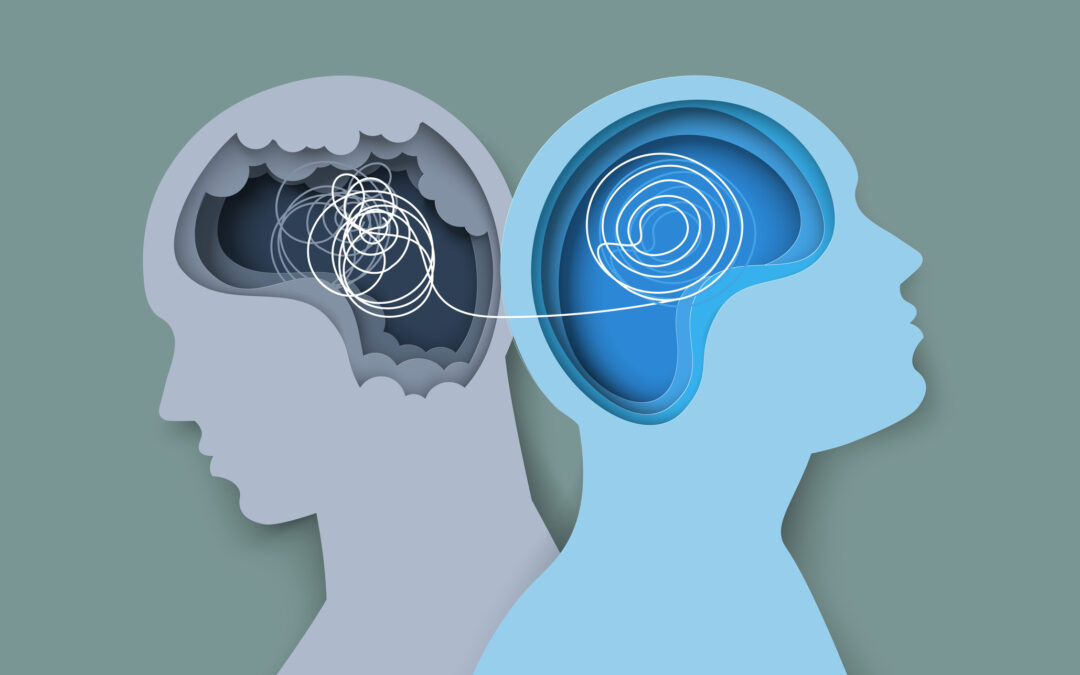When life feels packed with roles and responsibilities, it’s easy to drift away from what really matters to us. That’s where values come in. In Acceptance and Commitment Therapy (ACT), values help guide us back toward a meaningful life and one that actually...

Reclaiming Joy: A Playful Way to Reflect on Your Values Through Your Inner Child
When life feels packed with roles and responsibilities, it’s easy to drift away from what really matters to us. That’s where values come in. In Acceptance and Commitment Therapy (ACT), values help guide us back toward a meaningful life and one that actually feels like ours. But here’s the thing: What if you explored your values through a different lens—not just from your adult perspective, but by reconnecting with a younger version of you or a version of you (real or imagined) who knew—or dreamed of—what it felt like to be free, joyful, or fully yourself?
This blend of values work, inner child reflection, and narrative therapy can help you reconnect with parts of yourself that felt more you, before the world handed you roles, expectations, pressures to “get it right”, or strictly abide by the “shoulds” of life.
A gentle note: not everyone had a joyful or safe childhood. If thinking about your younger years brings up pain, distance, or blank spaces, that’s okay. This reflection isn’t about romanticizing the past—it’s about imagining what freedom, joy, or wholeness could have looked like (or still can). You can picture a version of your younger self who deserved care, fun, and self-expression—even if that wasn’t always your lived experience.
Who this reflection can be helpful for:
This kind of inner child + values reflection is great for anyone who is:
- Trying to live more boldly or authentically
- Reconnecting with who they are outside of roles, expectations, or burnout
- Exploring a career shift or wanting to feel more aligned in their work
- Rethinking how they live—seeking a lifestyle that feels more attuned to their actual self
- Starting or running a business and wanting to stay connected to the heart of what they offer
- Thinking about going back to school or learning something new, and wanting clarity on why it matters to them
- Recovering from a season of survival mode and ready to reimagine what life can look like now
This isn’t about having it all figured out. It’s about looking inward, listening differently, and remembering what parts of you still want to come along with you.
When you’re ready, here’s a way to explore this
Think of a version of you (real or imagined) who felt more connected to freedom, joy, or your true self.
Ask yourself:
- How old are they?
- What are they wearing?
- What are they doing or immersed in?
- What kind of environment are they in?
- What makes them feel open, alive, or fully themselves?
Now imagine that version of you is planning a full-day experience for you, now.
- Where would they take you?
- What would they want you to remember or reclaim?
- What would they insist you make time for?
Examples might include: (and truly, this list could be endless – feel free to get silly, imaginative, or even a little out there!)
- An afternoon exploring nature and collecting treasures.
- A dance party in your room with zero concern for what you look like.
- Drawing, building, or creating something just for the joy of it.
- Imagining you could fly to the moon in a cardboard spaceship.
- Dressing up in whatever feels most you and going out just to feel fabulous
A few more prompts:
- If joy or freedom weren’t part of your early story, what do you wish had been?
- What would a true-to-you version of childhood or play look like now?
- What values do you hear in what that younger version wants you to remember? (Freedom? Safety? Creativity? Rest? Play?)
- How could you honor just one of those values this week?
As you reflect on these ideas and see what answers arise. Let it marinate a bit.
- Are there parts of these reflections that speak to you?
- Are they pointing toward values that may have shifted, deepened, or long been waiting for your attention?
- If you really listened to these responses from your inner child, what might they be trying to show you about your life right now?
Your inner child (whether remembered, imagined, or re-invented) can be a powerful compass. Reconnecting with what lit you up (or what could have) can be a meaningful step toward living a life that feels like your own.
If this reflection sparked something deeper or if you’re resonating with these ideas and wondering what to do with them, we’d love to support you. At Star Meadow Counseling, we have counselors who can help you explore these themes in a safe and intentional way.
Ellen Bass, LMHCA, is one of our counselors who blends values exploration, narrative therapy, and gentle inner child work to help individuals reconnect with who they are and what they want their life to be about. Reach out to schedule an appointment today!

Reclaiming Joy: A Playful Way to Reflect on Your Values Through Your Inner Child

There is Help to Address that “Stuck” Feeling: An Introduction to Motivational Interviewing
You may have heard the term Motivational Interviewing (MI) making its way in mental health popular language. Motivational Interviewing is an evidence based approach developed in the 1980s by William R. Miller and Stephen Rollnick. Miller was attending substance use...

A Guide to Self-Advocacy in Therapy
If you have been in therapy before or are currently looking for a counselor, know you are not alone if it feels like an intimidating process. The therapy world comes with many acronyms (CBT, DBT, EMDR, ACT, etc.) and it can be daunting to identify what it is you look...

Get Outside For Your Brain
When I am among the trees, Especially the willows and the honey locust, Equally the beech, the oaks and the pines, They give off such hints of gladness I would almost say they save me, and daily. Excerpt, "When I Am Among The Trees" by Mary Oliver We live in a world...

Journaling and Mental Health
If you have ever had a conversation with your therapist about coping skill development, you have probably received a recommendation to begin a journaling practice. Understandably, sometimes journaling is met with skepticism - What does writing about my emotions solve,...

Empowering the Self: An Introduction to Internal Family Systems Therapy
Understanding the Internal Family Systems Model Developed by Dr. Richard C. Schwartz in the 1980s, Internal Family Systems Therapy draws on a unique perspective that views the human psyche as a family system. Just as a family consists of different members with...

Things You Might Feel Shame For, That Are Actually Very Common!
As therapists, we hear from people in all walks of life. Every client is different and comes to therapy with varied experiences, but one thing remains true; most people hold shame for things they don’t need to. When we feel shame, our brains will often make us think...

Life Hacks For When Everything Feels Hard
Mental health challenges like depression, anxiety, and ADHD can make for difficult days. Ideally, with the right combination of therapy, coping skills, or medication, there won’t be so many hard days. But sometimes we hit a rough patch or experience a stressor or...

Pride Month: How to Support Someone Coming Out
June is Pride Month, so let’s take this opportunity to go over some ways you can support the LGBTQ+ folks in your life if they choose to share their experience with you. Your response should vary based on your relationship dynamic, but in general, these are some rules...

Be a Better Mental Health Ally: 7 Stigmatizing Phrases and What To Say Instead
Chances are, you’ve either said or heard each of these phrases. While not typically used with ill-intent, imagine for a moment being someone who experiences the mental health challenges described, and how you might interpret these statements. Small, intentional...





